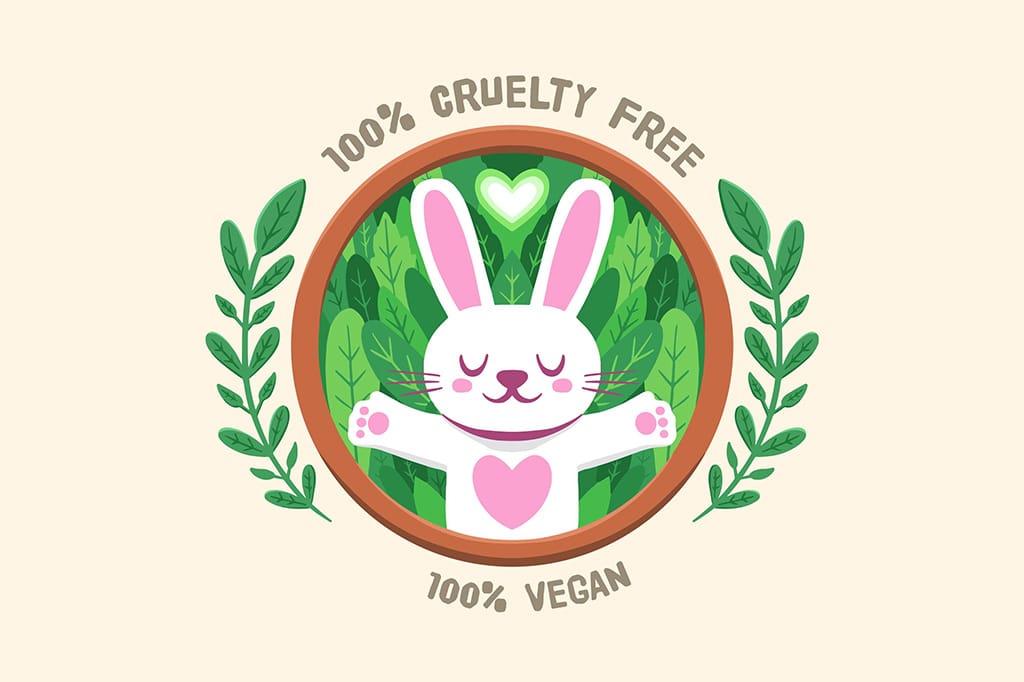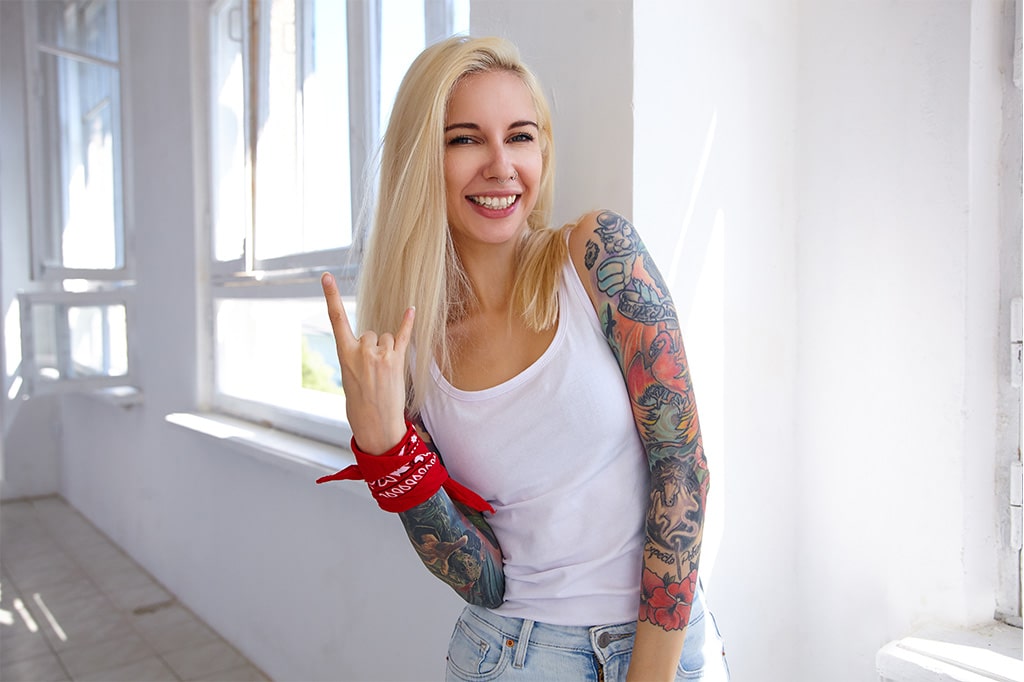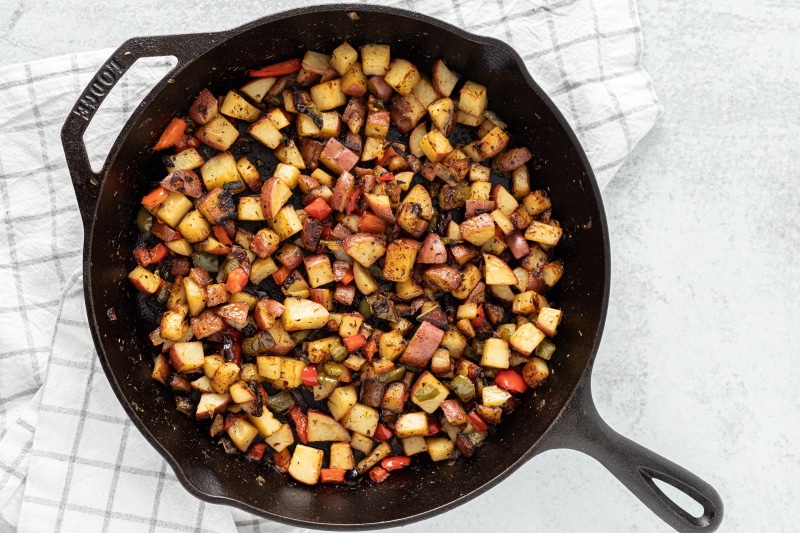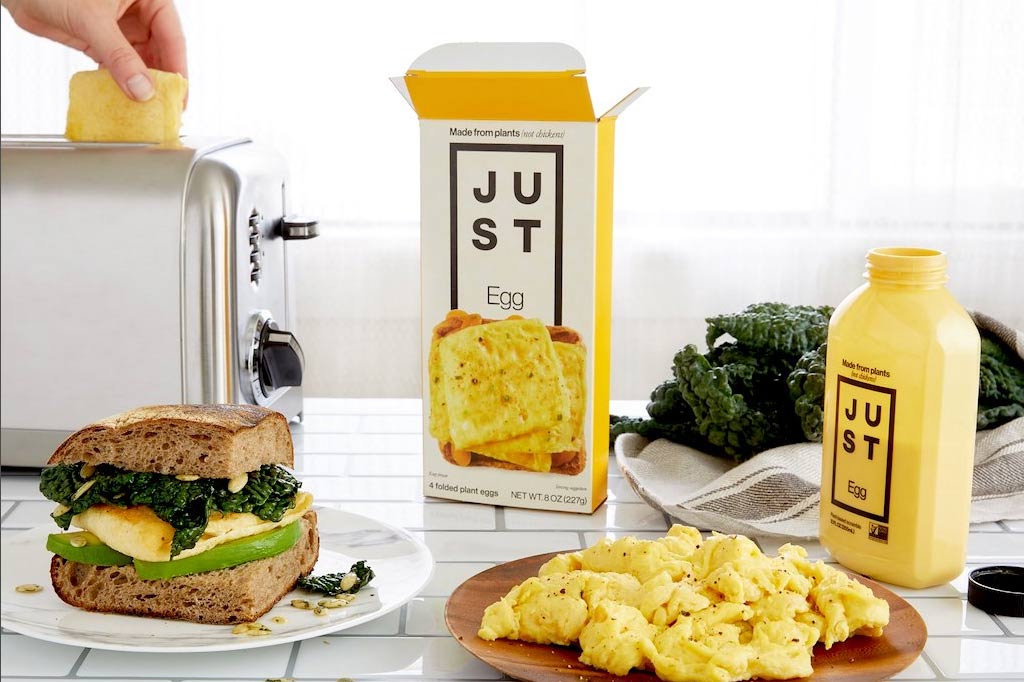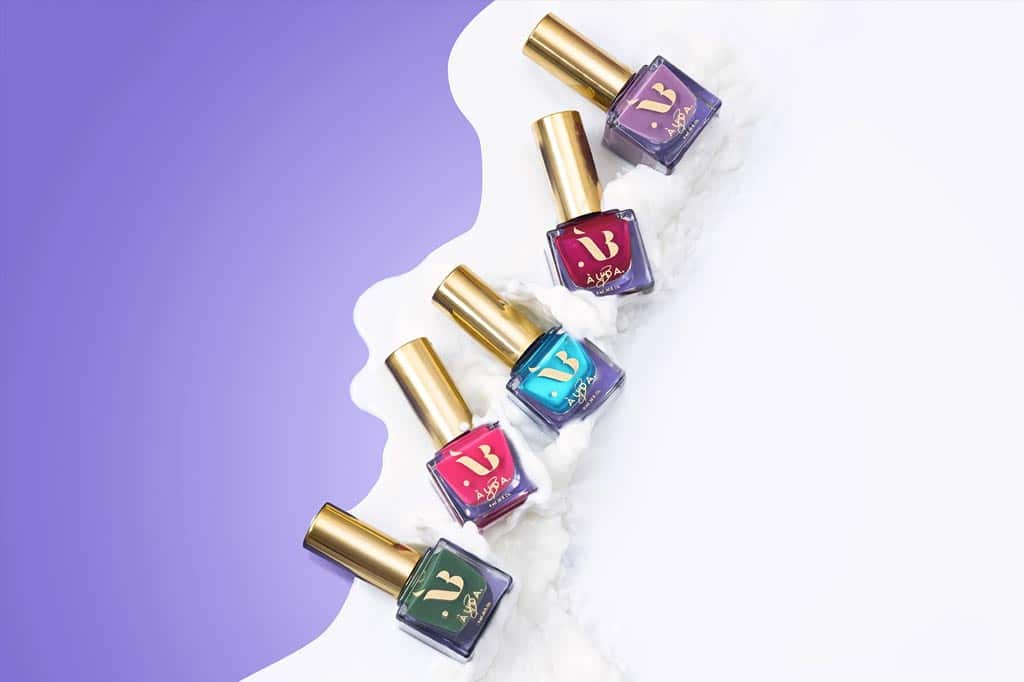There is not a decisive definition of ‘cruelty-free’. We find it very helpful to have certifications that set a standard for brands who want to be cruelty-free. They are different versions of this standard and in this post, we try to go through them all.
Why are certifications important?
The number of customers concerned about whether or not their products are being tested on animals is constantly increasing. It is not just an ethical choice for companies for them it is also a profitable choice. Because of this a lot of companies declare themselves cruelty-free but without any third-party assurances or accreditations. This is the reason why certifications are important, to verify these claims are true.
Leaping Bunny by Cruelty-Free International
It is considered the highest standard and the only internationally recognized symbol that guarantees that no new animal tests were used in the development of any product displaying it. All the Companies with the leaping bunny logo allow independent audits and renew their commitments every. This certification evaluates cruelty-free at a company level.
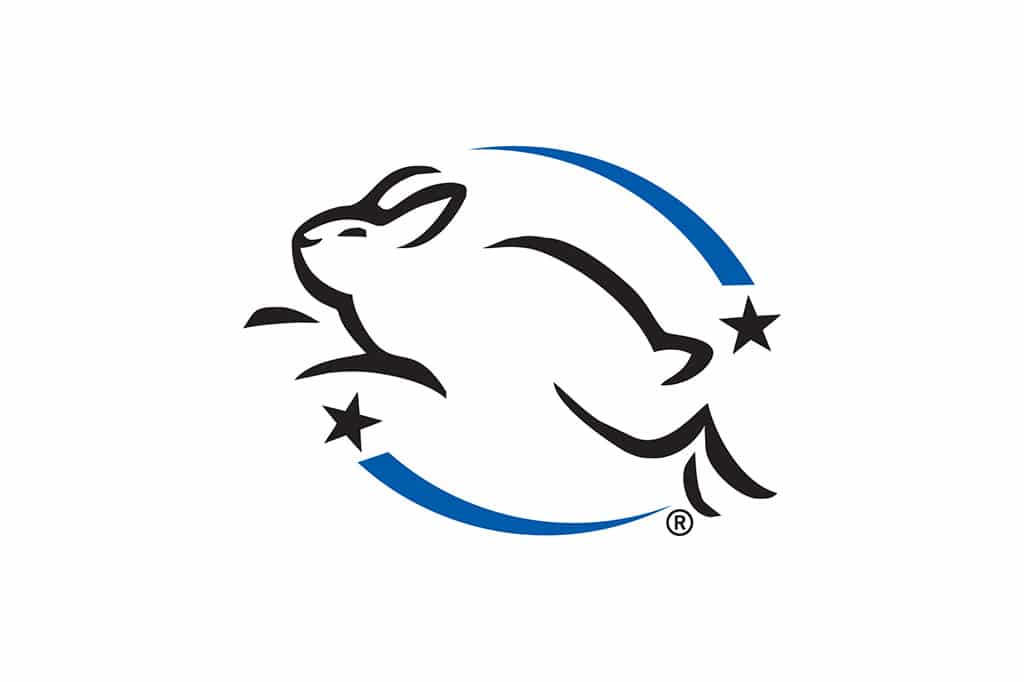
Beauty Without Bunnies by PETA
It is is another leading cruelty-free certification. Their standard requires brands to submit a statement confirming that they’re cruelty-free. It’s a little more “easy” than the Leaping Bunny certification – brands aren’t subjected to independent audits. They have 2 versions, one version when the product is both vegan and cruelty-free, and a second version that just says cruelty-free. PETA also evaluates cruelty-free at a company level.

Choose Cruelty-Free
It is an Australian based certification. Their certification is very similar to Leaping Bunny but also requires the parent company to be cruelty-free and for the brand to have been cruelty-free for at least 5 years.

Vegan Trademark
It is a logo that assures the consumer that the product is vegan. A beauty product means that the product is made without animal-derived ingredients (ie vegan) and that the product is cruelty-free. This does not necessarily mean that the brand is cruelty-free.
For example, in 2020 the Vegan Trademark was awarded to a Colgate charcoal toothpaste as the product was vegan and cruelty-free, despite that the Colgate is not being cruelty-free.

Are certifications really essential?
We have many companies famed for their animal-rights, they are NOT certified cruelty-free, but instead, they have in-house policies and exercise transparency. Others, plenty of small businesses with strong vegan ethics can’t afford the cost of a cruelty-free certification at the early stages of their brand.
In the end, it is a matter of trust, if you want to be 100% completely sure, yes, they are essential, however, take into consideration that in these times, most small businesses and producers open themselves to the customers and offer them the possibility to vita and check by themselves.

